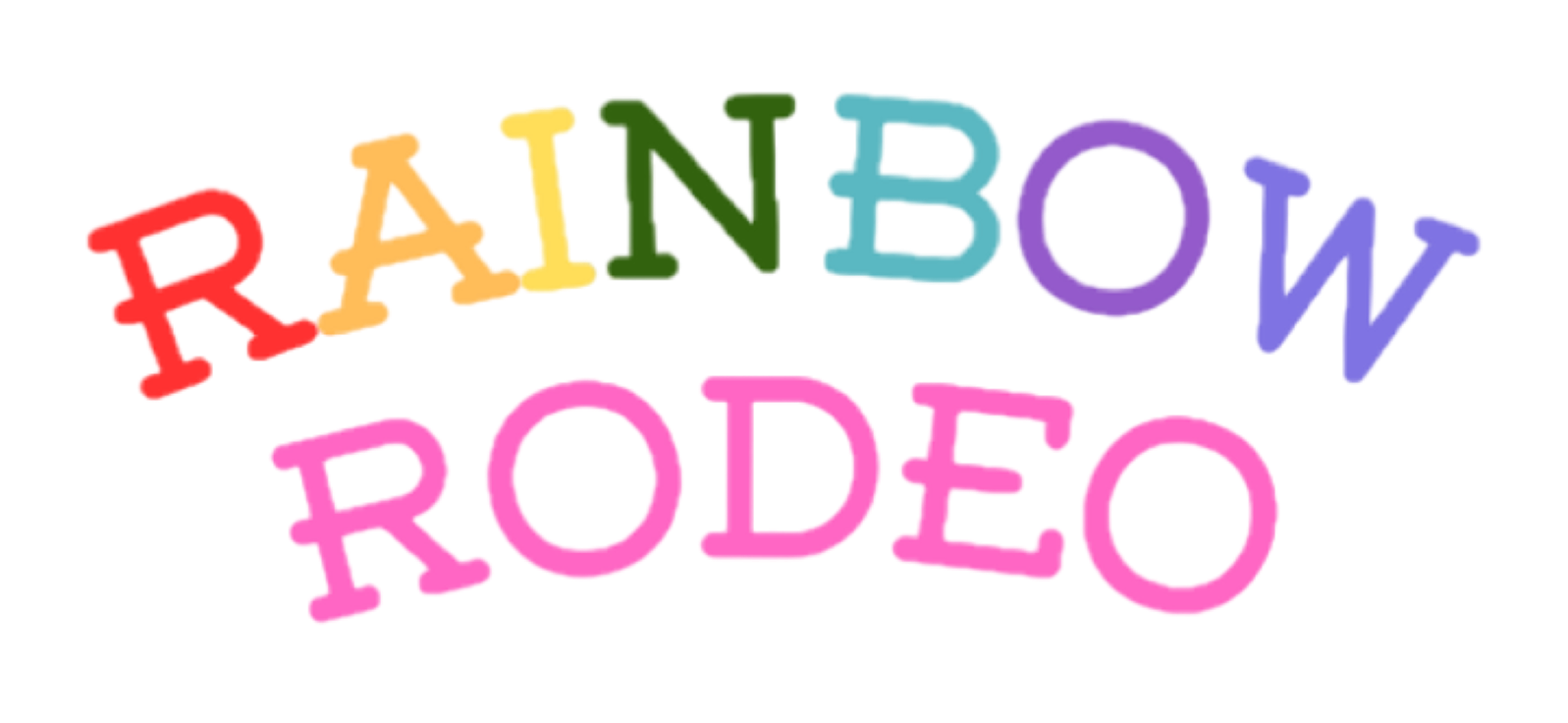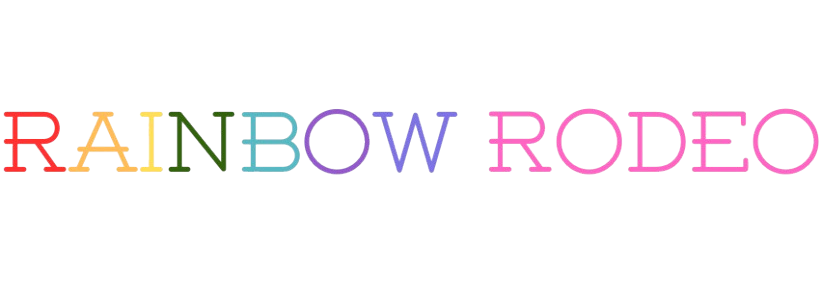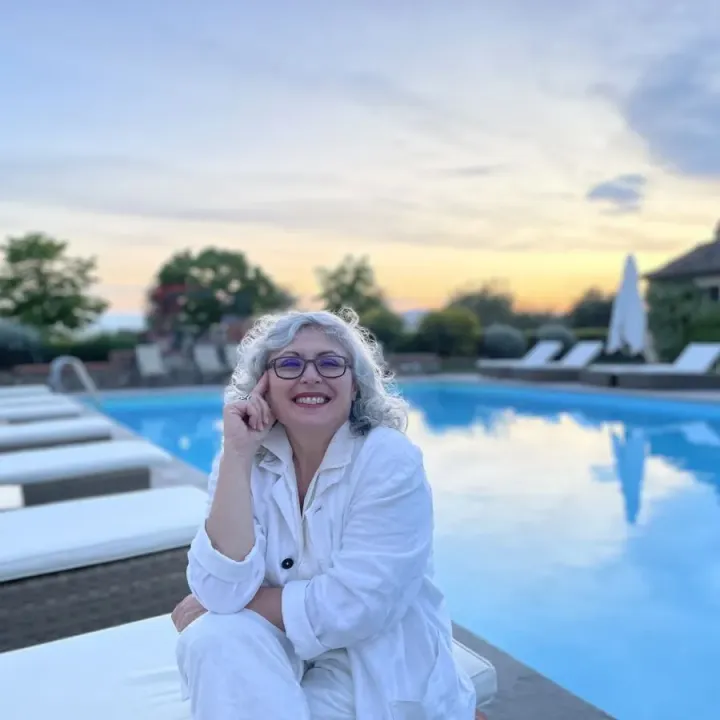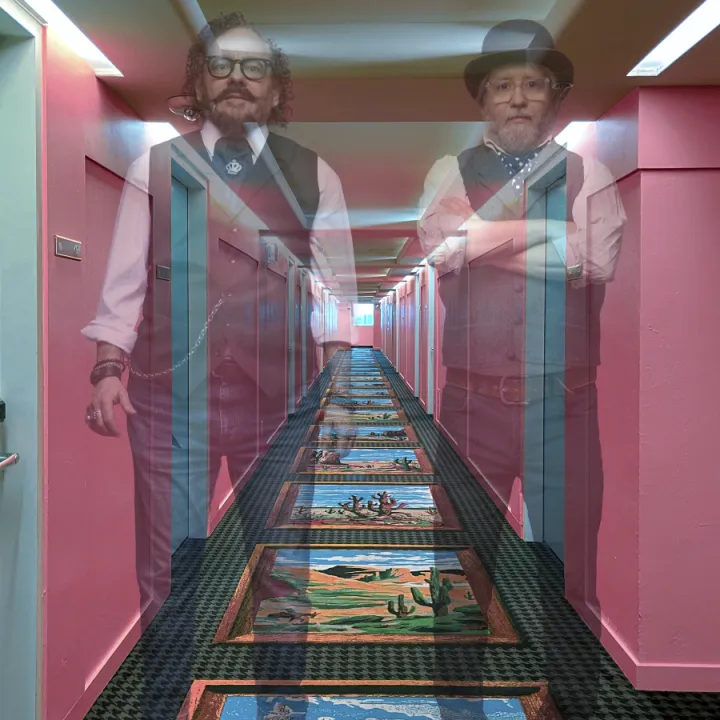INTERVIEW: Sarah Walk Shares Her Top Surgery Journey to Inspire Others

Singer-songwriter Sarah Walk has traveled the world with her music, splitting her time between Minneapolis, New York, London, and now LA. Walk allows the songs to guide her, flitting between folk, art pop, electronic music, and all the spaces in between. Her upcoming album details her experience with gender dysphoria and top surgery. As a fellow top surgery-haver, Walk and I discuss the experience of wanting to have top surgery when you do not identify as non-binary or desire to transition. (I identify as butch, and I am including that here for SEO purposes.)
There is a light CW for Walk’s description of her dysphoria in her final response. If you are a woman (butch or otherwise) who is considering top surgery, I’ve included a note at the very bottom of the page.

I wrote about your music, like, a decade ago, and you were more of a pop artist with a strong influence. But “My Body” is very different and has more electronic elements. Could you tell us a little about your musical trajectory?
I think it’s important to stay interested in what you’re making and there are things about all different songs and bodies of work that I’m intrigued by.
But there are a lot of different reasons why I think certain songs and albums or EPs go in different directions sonically, and I try to not overthink that process — although overthinking is one of the things I do best.
Sometimes that might be a decisive choice ahead of time, or while the song is being arranged, whether it’s me at my computer and my keyboard, or me in a rehearsal room with the band. The way in which it gets recorded can also have a big influence on kind of the production style.
“My Body” was one that I wrote by myself two years ago in New York and I was just trying to get some writing going. I live in LA, but I had gone to New York for a month and stayed at my manager’s apartment just to get out of my rhythm. When I do things myself with the computer close by, it tends to lean a little heavier on the production than a live band sound.
This song started with that drum groove and then the bass groove. And I just kind of vamped on that. It’s a prologue to what the album is going to be about, which is my top surgery, which I got a year and a half ago.
When I wrote “My Body,” I hadn’t talked about even wanting to get top surgery. It was this very pushed down thing that I had been ruminating on and had gotten to be bigger than the thing itself and inside of me. I just started singing this phonetic thing over this groove, which turned out to be the phrase “my body’s not my own.”
I kept the production sort of subdued, almost like it was wanting to break and actually become something — but it wasn’t ready to quite get there — because that’s honestly how I felt.
I wanted to speak with you about your experience because there are not that many she/hers who have had top surgery.
I can only write about my truth and my experience. At the time of this record being written, this was what was taking up most of my energy. But also I knew that hopefully it would be an opportunity for people to hear this and have conversations about it and whatever step they’re in: whether they’re curious about it and they would never get top surgery, or they know someone who did, or they already have — like you.
I wrote it off for so long because I felt comfortable with keeping my pronouns as she/her and I felt like the next step, or the kind of parallel step was transitioning or taking T. I don’t think there were enough people talking about the fact that you can have any pronoun you want and still feel dissociated in your own body. My best friend also is very masc-presenting and uses she pronouns and got top surgery like 10 or 11 years ago.
Having that as an example was huge for me. I definitely have never felt strongly male or female. I’ve always kind of felt like there are parts of me that feel like they lean either way. I think there’s an element of, like, gender relativity, where if I’m in a room with a bunch of cis men, I feel particularly female, and if I’m in a room with a bunch of straight cis women, I feel like the only dude in the room.
I don’t really want to change that. I kind of like having that experience to a degree. And I think when I first met with a surgeon, who ended up doing my surgery, who I cannot recommend enough, Dr. Travieso at USC Keck, and meeting with him was so pivotal in my experience. He is queer and he asked me what my pronouns were.
I was like, “she, they, I don’t know.” He said, “you can still use she pronouns. I just need to have evidence that you don’t feel there’s some sort of disconnect in your body.”
I had a friend over last night who uses she pronouns but and is a cis queer woman and is now looking into getting top surgery because she she was a candidate.
I’ve always hated my boobs. I don’t want them. I want to have a flat chest. I want it to feel more masculine. So I just think it’s important to have these conversations and talk about the fact that I am not transitioning. It’s a spectrum and I think that it’s important for people to understand that and feel comfortable in that.
I never felt comfortable in my gender, but these are my pronouns and I know I want a flat chest.
Did you write the album after your surgery, or as you were getting ready?
I wrote the album during the process. It starts with a very zoomed in moment of me having my first conversation with a friend about the fact that I’m even considering looking into top surgery. The last song on the record is called “Anesthesia,” and it’s me going into the surgery.
So it’s the whole journey. A lot of the songs were about this, but I hadn’t really been able to zoom out and see that this is what the whole thing was about until after I recovered.
Actually, at the beginning of 2023, I came back from a tour and I was with a friend of mine who’s also queer and we were talking about my record. I was playing with little ideas. I hadn’t recorded it yet. And he was like, “yeah, these are these ideas are great. But like. You haven’t finished the songs.” And I was like, “you’re right. I don’t have the full story, you know?” It was really helpful in inspired me to just come home and turn off my computer, turn off everything, and just sit at my piano and just get the songs written, the lyrics written, the story written. Then you can go and do whatever you want, make whatever decisions you want, production-wise, arrangement-wise.
Something about that conversation really lit a fire under me and for a month and a half, I rewrote the whole album, and then recorded it in April to July.
How was it to sit in those emotions? For me, I know I felt horrible, but my brain has just completely closed the door on it. I can’t access those emotions again.
It’s really interesting. Last night when I was with this friend, she was asking me a lot of questions about the recovery process and it was crazy how many things I couldn’t remember.
It’s similar to the process of feeling like you might want the surgery and not doing anything about it — pushing away and denial compartmentalizing like you have that after the experience as well.
I’m starting to play these songs live, and it’s really vulnerable, especially in audiences when you have no idea how they’ll receive it. If it’s a younger kind of queer audience, I feel like those are my people for this kind of an album. And I’m so happy to be able to share this with those people. I’ve already had, like, experiences meeting people where I’m like, this is the whole reason I wanted to do this because I can see like the impact it’s having.
But then there’ve been some shows — I’ve been touring in like Germany and like other countries — and I just feel like it’s not quite the right audience. It’s one thing to sing about like heartbreak and sadness in that way, but this is a whole other thing!
Going into the surgery I told myself, I’m gonna get this surgery, and it’s for me and only me, and I’m not even gonna really talk to anybody about it. I can tell whoever I want, but I don’t have to tell anybody. And then now, here I am. When I wrote the songs, honestly, I hadn’t thought about the fact that I’d then have to play the songs and talk about the songs, you know? I just wrote them because it was how I was feeling.
And then, a couple months ago, I started playing them, and I was like, oh, fuck. Playing them is hard! I can dive into the song, but I need to talk about it too. I don’t think the songs have the same impact if people don’t know the backstory.
I’ve had to kind of think about how to discuss the topic without feeling exhausted every night and making sure that the songs have the impact they do. So I’m not quite sure how that’s going to play out.
It’s a tough place to go back to but I really am trying to hold on to the fact that, if this was me as an audience member three, four years ago, it would have done so much for me to hear this.
Well, how are you feeling now?
I’m feeling great.
There’s not a day that goes by where I’m not grateful for my body in a way that I’ve never been before. and for its resilience. Having this gender dysphoria my whole life, every single day, it’s been the opposite.
Prior to the surgery, putting on a bra every day, it’s like this like awful, awful, shameful feeling that you just feel terrible about yourself. And so now to have that sense of reclamation every single day, I will never not be grateful for the experience of being able to have the surgery because a lot of people don’t have access to it.
I’m still learning new things. I used to dread swimming. Even as a kid, I have memories of getting invited to a pool party and I would just be crippled with insecurity. Now I’m going to the beach all the time and running in the water and going to the pool. You feel like you’re able to enjoy life.
You’re just stepping into yourself in a new way and in a way that you’ve always wanted. It’s a level of confidence you maybe didn’t have before.
Sarah Walk will be touring the UK starting next week:
January 29 – Cambridge, UK – The Portland Arms
January 30 – Manchester, UK – Yes
January 31 – Leeds, UK – Brudenell Social Club
February 1 – Glasgow, UK – Mono
February 3 – London, UK – Lafayette
February 4 – Bristol, UK – Dareshack
Sarah Walk — Official, Facebook, Instagram, Twitter
[Rachel’s Note: Not to toot my own horn, but I wrote my Master’s Thesis at social work school about butches and others who desire top surgery. While there is now widespread acceptance of non-binary people wanting top surgery, most medical providers assume that anyone who desires gender-confirming care wants to transition from their gender assigned at birth to another gender. In fact, this is how the DSM defines gender dysphoria and most insurance companies require a gender dysphoria diagnosis in order to approve the surgery. (Unless, of course, your state has informed consent.) I got around this by asking my therapist, a true ally, to write a letter of support using they/them pronouns, even though I do not use those pronouns. I’m glad Sarah had an easier time of it and her surgeon helped guide her through that process. My surgeon wasn’t as helpful.




